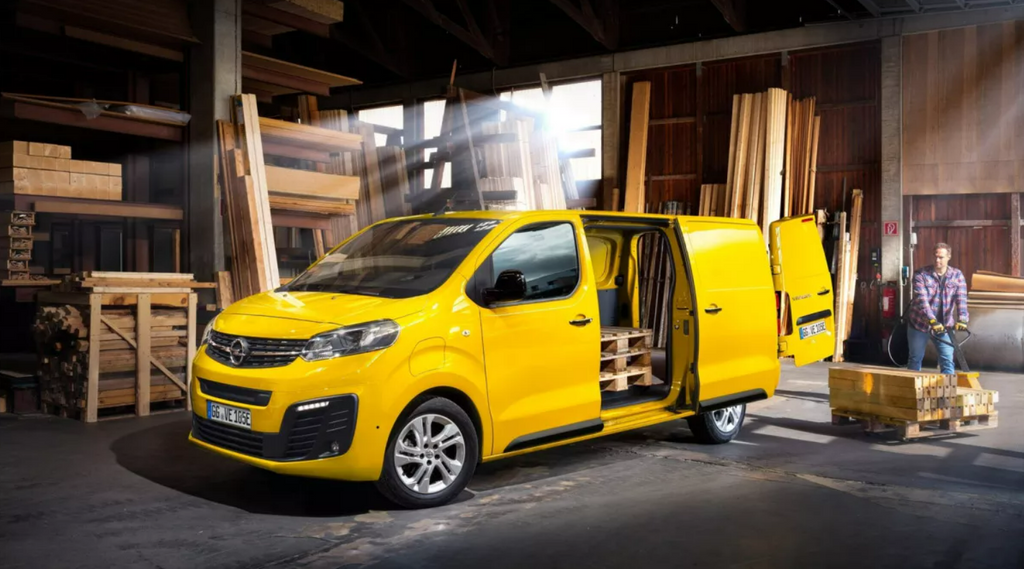In a move to encourage e-transport, Federal Mobility Minister Georges Gilkinet has proposed allowing drivers of heavier electric vans to be exempt from having to keep track of their driving and rest periods.
The range of electric vans on the market is increasing but many transport companies remain reluctant to switch over – not only because of the price but also due to the additional legal requirements of driving a heaver vehicle.
"An electric van without a load weighs more than a classic diesel. With the load included, e-delivery vans weigh more than 3.5 tonnes, so they suddenly become trucks," Philippe Degraef, director of the Febetra transport federation, told De Tijd. As a result, drivers of such heavy e-trucks must have a C driving licence and install a tachograph (records driving times and rest periods) to keep track of their driving and rest periods.
To solve the issue, European regulations will be modified to require a C licence only for electric vans of 4.25 tonnes and over.
Policy for a green future
However, the mandatory tachograph has prevented companies from investing in electric goods transport, Degraef explains. "If you choose a lighter electric vehicle you will have a smaller payload. If you go for a heavier van, the driving and rest periods make it less efficient to use than one that runs on diesel and does not have to install a tachograph."
In light of Febetra's criticism, Gilkinet's cabinet is working to launch a pilot project that would allow heavier electric vans to drive without a tachograph, although the start of the pilot tests is not yet decided. "Electric vans are part of the solution to greening mobility and logistics in our country. Belgium must and will play a pioneering role."
Sales of light all-electric trucks are on the rise: 1,596 were sold in the first seven months of 2023, according to figures from the automotive federation Febiac. A total of 1,804 were sold in 2022. At the current rate the figure will double by the end of this year.
Percentage-wise however, the share of electric light trucks on the roads remains marginal. In the first seven months of the year, 41,396 light trucks were sold in Belgium. The electric share amounts to 3.8%. Among passenger cars, this share is already over 10%.
Related News
- Complaints lead to concerns over compulsory smart meter installations
- Brussels to get tough on 'freeloading' at electric car charging stations
- Electric vehicle charging stations to be installed every 60 km on European motorways
Additionally, Belgium is lagging behind other countries: of all vans circulating in Belgium, 5,316 are electric – a market share of 0.6%. In the Netherlands nearly 18,000 electric light goods vehicles were already on roads at the end of May.
While Degraef welcomes the pilot project, which he believes would level the playing field between electric vans and conventional diesels, trade unions have criticised it. "Driving and rest periods are there for the safety of drivers and other road users. Especially with electric vans this is a concern because they usually drive in built-up areas," said Koen Ryckenboer of the ACV Transcom union.
It is doubtful that relaxing the tachograph obligation alone will lead to the breakthrough of electric freight traffic, said Degraef. He points to other barriers such as the restriction for truck traffic heavier than 3.5 tonnes on all kinds of local roads.
Also are issues with the kilometre charges for freight traffic, which from 2024 Flanders will exempt heavier electric from paying. But whether Wallonia and Brussels will follow is unclear.

